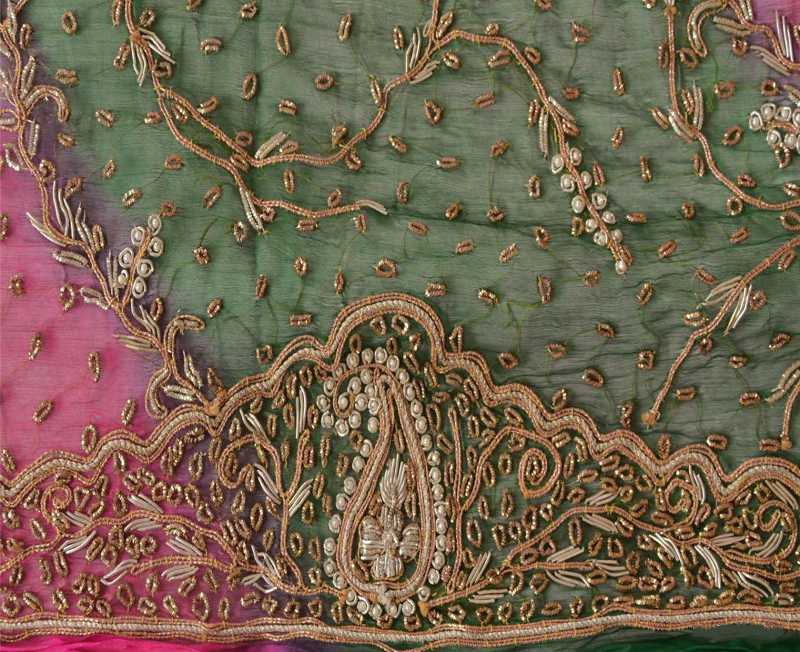===
0352,
8
===

=== |
 |
FWP:
SETS == A,B
MOTIFS == WINE
NAMES
TERMS == 'THEME-CREATION'What is the relationship between the 'palpitations' and the 'pebbles'? Here are some possibilities:
=The palpitations and the pebbles are, in some reified metaphorical sense, the same thing.
=The pebbles that the speaker has put into the heart have caused the palpitations.
=The palpitations of the heart have caused the speaker to fill it up (curatively? preventively?) with pebbles.Since this is an 'A,B' verse, it's been left up to us to figure out the relationship of the two lines.
Note for translation fans: In English we 'fill X with Y'. In Urdu, however, one often 'fills Y into X'. That's why the grammar of the second line looks the way it does. And don't forget that bharnaa can be either transitive or intransitive, without any change in its spelling.